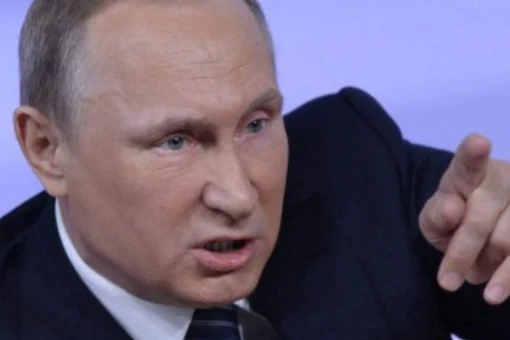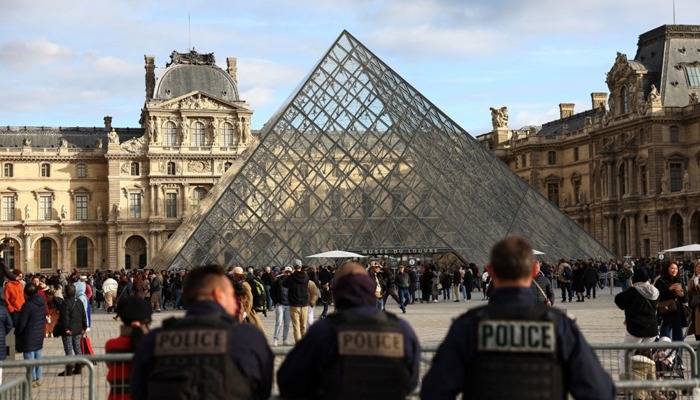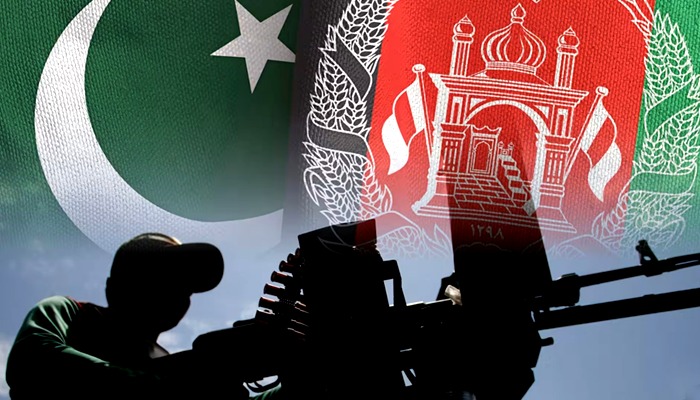According to German prosecutor Ines Peterson, the individual, known as Ralph G, is accused of giving Russian operatives with “many papers and material” regarding the German army from October 2014 until March 2020. It comes at a time when ties between Berlin and Moscow are at an all-time low.
The suspect, who “belonged to several German business committees” as a result of his civilian occupations, is accused of providing information on the German military’s reserves as well as the impact on German companies of EU sanctions imposed on Russia in response to its seizure and annexation of Crimea from Ukraine.
According to the GBA, he also gave information regarding the Nord Stream 2 gas pipeline project, which Germany blocked in February when Russia formally recognised the two separatist republics of Donetsk and Luhansk in eastern Ukraine, shortly before the full-fledged war erupted on February 24.
According to the prosecutor, Russia’s secret service received the personal and contact information of high-ranking military commanders and significant company executives through Ralph G.
“In exchange for his services, the accused obtained invites to gatherings organised by Russian government entities,” prosecutors said.
Furthermore, the suspect is suspected of assisting his Russian masters in understanding US defence strategies with NATO countries.
The prosecution did not say whether or not the suspect pled guilty. The prosecutor provided little information on his attorneys or the trial, just stating that the indictment was filed on March 16 at the Higher Regional Court in Duesseldorf, Germany.
Ms Peterson would not specify when or if the suspect’s rank was stripped or if he was dismissed from the military reserve.
Ralph G is the most recent in a string of accused Russian spies discovered on German territory.
In October of last year, a German man was sentenced to two years in prison with a two-year suspended sentence for passing on floor blueprints of parliament buildings to Russian secret services while working for a security firm.
Last August, a former British embassy staffer in Berlin was arrested on suspicion of passing papers to Russian intelligence.
Several European Union member countries, including Belgium, the Netherlands, and Ireland, expelled scores of Russian diplomats this week, some for alleged spying, with Russia threatening retaliation.
Ralph G, who is not in detention, will stand trial at the Dusseldorf Higher Regional Court.
The case adds to a long list of evident problems complicating Germany’s relations with Russia.
On Friday, Berlin reacted angrily to Russian President Vladimir Putin’s directive that consumers pay for electricity in roubles, declaring that it will not be blackmailed.
Putin signed a decree on Thursday authorising the state-owned Gazprombank to create foreign currency and rouble accounts for gas purchases.
European customers would pay in foreign currency and then authorise Gazprombank to convert the funds into roubles, which would then be used to purchase the gas legally.
“To buy Russian gas, they need to create rouble accounts in Russian banks,” the president remarked during a televised appearance.
“Beginning April 1st, gas will be paid for using these accounts. If such payments are not paid, we shall consider the customer to have failed to meet its commitments.”
But, in response to Putin’s warnings, German Chancellor Olaf Scholz reminded him that energy contracts between his nation and Germany — Russia’s largest EU client — required payments in euros, sometimes in dollars.
He told reporters: “In a conversation with the Russian president I have stated clearly that this will stay that way.”



















